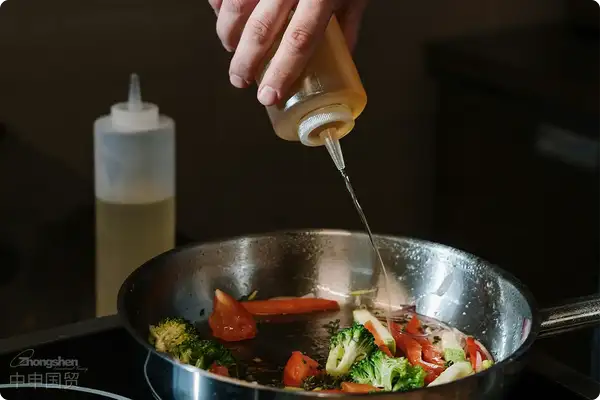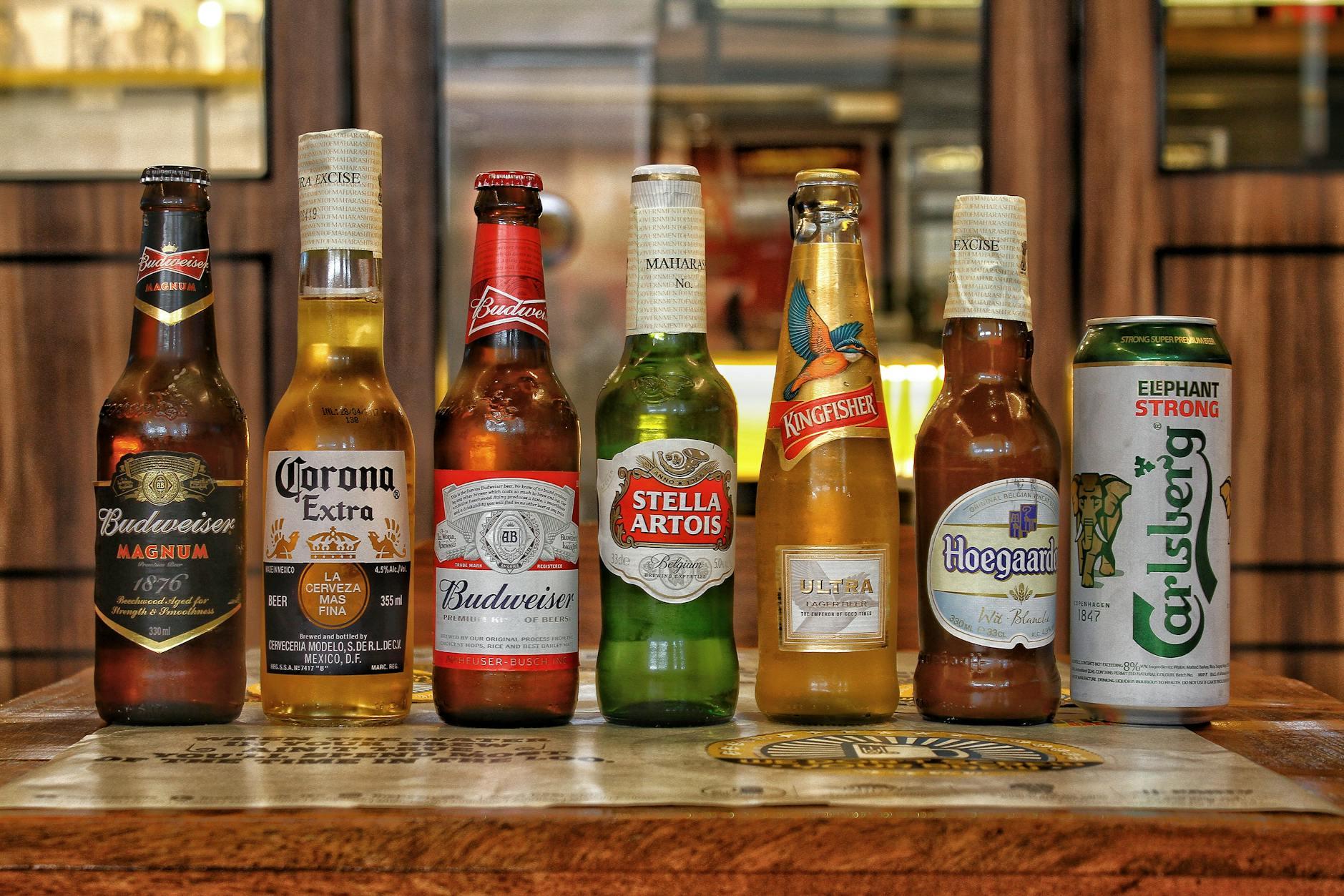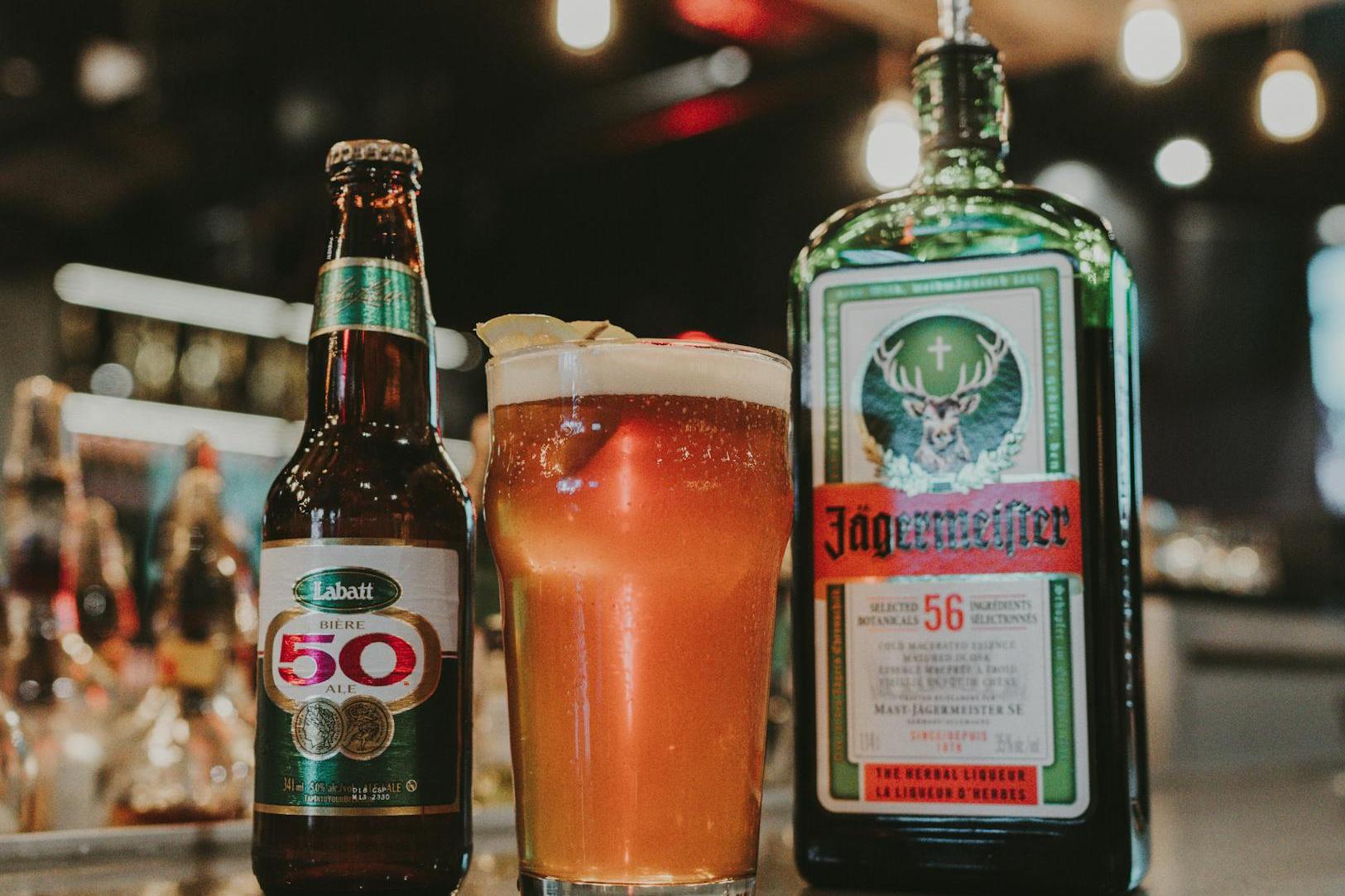- Shanghai Zhongshen International Trade Co., Ltd. - Two decades of trade agency expertise.
- Service Hotline: 139 1787 2118
Importing premium olive oil represents not only a pursuit of quality living but also a complex undertaking involving international trade, customs regulations, food safety, and multiple other aspects. Faced with intricate procedures and potential risks, selecting a professional olive oilImport Representationcompany is undoubtedly key to ensuring smooth, efficient, and compliant operations. This article will provide a detailed understanding of how professional agents safeguard every step of your olive oil import process.

I. Professional Olive Oil Import Agents: Core Value Provided to You
ZhongShen International TradeAs an experienced olive oil import agency, we serve as your reliable partner, offering comprehensive support from source to destination:
| Service modules | Core Service Content | Client Value/Problem Solving |
| Qualification Review & Compliance Consultation | Review importer and goods qualifications; Guide through registration (consignee, overseas manufacturer, labeling) etc. | Ensure compliant market entry, avoiding returns or penalties due to qualification issues |
| Document & Certificate Preparation | Guide/assist in preparing contracts, invoices, certificates of origin, health certificates etc.; Chinese label pre-review | Improve documentation efficiency and accuracy, accelerating customs clearance |
| International Trade & Settlement Assistance | Assist in handlingL/C, foreign exchange payments, invoice issuance etc. | Reduceforeign tradepayment risks, ensuring fund security |
| Logistics Arrangement | Coordinate with carriers, arrange shipping space, select transportation methods, ensure fresh storage, handle insurance (recommended) | Optimize logistics solutions, maintain olive oil quality, control transportation costs |
| Customs & Inspection Agency Services | Handle declaration under agency name, organize and submit documents, coordinate sampling inspections, address alerts/non-compliance, assist with document supplementation | Professional and efficient clearance, handling emergencies, reducing port detention time |
| Tax Payment & Advance | Pay tariffs and VAT on behalf, provide invoices and tax payment certificates | Ensure tax compliance, facilitate client financial processing |
| Compliant Delivery & Follow-up Services | Handle port pickup, assist with domestic clearance and distribution, transfer complete compliance documentation | Provide door-to-door service, ensure safe goods delivery, maintain complete client records |
| Policy Interpretation & Appeal Representation | Track new policies, provide regulatory interpretations, assist in handling emergencies such as customs detention/destruction, and file appeals | Stay updated on policy dynamics, safeguard clients legitimate rights and interests, and reduce policy risks |
II. Comprehensive Analysis of Olive Oil Import Agency Operations
The import journey of olive oil typically follows these steps:
- Pre-import strategy planning and qualification confirmation
- Assist or confirm the clients signing of rigorous international trade contracts with overseas suppliers.
- Verify in detail the composition, specification parameters, accurate HS code (e.g., 1509200000 for extra virgin olive oil and virgin olive oil), and corresponding regulatory requirements.
- Verify key qualifications of the importer, including consignee/consignor registration and whether the Chinese food label has been filed as required.
- Confirm or assist in handling the registration of overseas olive oil producers and exporters with Chinas food exporter filing system.
- Core document preparation and trade settlement
- Ensure all essential import documents are prepared, including commercial invoices, packing lists, trade contracts,It is recommended to verify through the following methods:certificates, official health certificates, and other fundamental documents.
- For transactions involving letters of credit or advance payments, assist clients with relevant operations and complete foreign exchange settlements.
- Careful international transportation arrangements and insurance
- With professional expertise, Zhong Shen International Trade assists clients in booking shipping space and meticulously arranges international transportation based on olive oil characteristics (typically requiringMaritime Transportationspecific temperature control and sealed sun protection measures).
- Assist in procuring cargo transportation insurance and confirm the type of bill of lading (e.g., original bill of lading or telex release).
- Closely monitor cargo status, obtain estimated arrival times, and prepare in advance for port declaration procedures.
- Port clearance: professional customs declaration and statutory inspection
- Pre/post-arrival document consolidation:
- The agency company conducts final review and organization of all declaration documents, including: contracts, invoices, packing lists, certificates of origin, health certificates, customs declaration power of attorney, pre-approved Chinese food label samples, consignee/consignor registration certificates, and overseas exporter filing information.
- Carefully verify whether the olive oils label information, production date, batch number, etc., are complete, accurate, and comply with Chinas Food and Drug Administration regulations.
- Import declaration:
- The agency company uses its own import qualifications (or authorized client qualifications) to formally initiate import declarations with China Customs and the Customs Food Safety Supervision Department (assuming the former CIQ functions).
- Ensure olive oil is correctly classified under HS code 1509200000 and truthfully declares food-related attributes per regulatory requirements.
- Statutory inspection and sampling:
- Olive oil under this HS code is subject to mandatory inspection and quarantine upon entry.
- Customs or market supervision bureau officials will conduct on-site inspections, typically requiring unpacking to collect samples for designated laboratory testing (covering physicochemical indicators, sensory evaluation, microbiological testing, etc.).
- Label Review:
- If food label filing was completed before import, on-site checks mainly verify whether actual label placement complies with standards.
- Some ports may allow on-site label sampling or adopt flexible measures like label first, inspect later; however, for certain high-risk batches, labels may still need laboratory verification.
- Pre/post-arrival document consolidation:
- Tax payment and fee settlement
- Customs duty and VAT payment:The agency company assists clients or advances payment for applicable customs duties (olive oil typically enjoys low tariff rates, with potential preferential reductions under specific country/regional agreements) and VAT (currently 13%). After tax payment, promptly obtain customs tax receipts and forward them to clients.
- Agency service fee settlement:Per the signed agency agreement, settle agency service fees and related expenses such as logistics and insurance costs advanced on behalf of clients.
- Customs release and efficient cargo pickup
- Customs clearance:After all documents are verified, inspection/quarantine is passed, and taxes are paid, the customs system will issue an electronic release order.
- Cargo pickup/transfer:The agency company promptly coordinates with logistics partners to handle port pickup procedures and arranges transportation out of the port. Based on clients final needs, flexibly arrange subsequent transportation services (client pickup or delivery to designated warehouses/stores).
- Storage considerations:Special reminder: Olive oil is sensitive to storage conditions and must be kept away from high temperatures and direct sunlight. If conditions permit, it is strongly recommended to maintain constant temperature throughout transportation and storage.
- Comprehensive after-sales service and compliance support
- Certificate and document handover:
- Deliver the complete set of customs clearance documents, including customs declaration form, tax receipt, official Inspection and Quarantine Certificate for Entry Goods (or conformity assessment certificate), packing list, invoice, etc., to the client in a complete and timely manner.
- Hand over the relevant label filing documents for the clients archiving and future reference.
- Follow-up tracking and risk avoidance:
- Before the product officially enters the market, if conditions permit, it is recommended that clients conduct additional sample retention testing to minimize potential risks.
- If quality concerns arise during subsequent distribution or if regulatory authorities raise inquiries, the agency can leverage its professional expertise to assist clients in effective communication and appeals with market supervision authorities.
- Certificate and document handover:
- Market circulation and continuous compliance assurance
- Goods sales license:After completing customs clearance procedures and passing inspection and quarantine assessment, olive oil can be legally sold in the Chinese market in accordance with national regulations. Some regions explicitly require merchants to obtain the Inspection and Quarantine Certificate for Entry Goods before shelf circulation.
- Follow-up sampling inspection and traceability:Market supervision authorities may conduct random sampling tests on imported olive oil already in circulation. The agency can assist clients in preparing relevant import documents to ensure clear product origin and good traceability.
- Imported food filing and traceability system:Conduct necessary imported food information filing in accordance with national and local requirements for traceability system construction. Capable agencies will also assist clients in applying for or connecting with product traceability code compliance consultation services.
III. Key considerations for olive oil import: Risk avoidance and smooth process
| Attention items | Specific requirements/Potential risks | Response suggestions/How the agency can assist |
| Label and advertising compliance | Incomplete Chinese label elements, advertising involving therapeutic effects in violation of regulations; failure to file in advance. | Conduct pre-label review and filing guidance in advance; strictly control advertising content to avoid prohibited terms. |
| Importer and overseas manufacturer filing | Importer not filed, overseas manufacturer not registered in China or not on the approved list. | Assist in completing relevant filings and registration queries to ensure compliance of subject qualifications. |
| National restrictions/Specific requirements | Lack of necessary official certificates (such as sanitary certificate, certificate of origin); undeclared or unapproved genetically modified or chemically modified ingredients. | Clarify special document requirements by country; strictly review product ingredients to ensure compliance with Chinese access standards. |
| Sanitary certificate and testing | Sanitary certificate not issued by official or authorized agencies; port test results inconsistent with accompanying reports or exceeding standards. | Verify certificate source and validity; recommend clients choose reputable suppliers and conduct quality control at the source. |
| Access and policy adjustment risks | Dynamic adjustments to food access lists and regulatory requirements, failure to respond in a timely manner. | Monitor policy changes in real time, provide timely warnings to clients, and offer compliance adjustment solutions. |
| Trade contract terms | Unclear agreements on quality indicators, quarantine standards, and liability division leading to disputes when non-compliance occurs. | Recommend clients clearly define relevant terms in contracts and provide contract clause review suggestions when necessary to avoid trade risks. |
IV. Important reminder: Choosing professional agencies yields twice the result with half the effort
For sensitive food imports like olive oil with strict regulatory requirements, especially for first-time operators, we strongly recommend choosing ZhongShen International Trade, a professional agency with extensive practical experience in imports. Leveraging our professional knowledge and experience, we can identify and avoid most potential compliance risks in advance, ensuring a smoother olive oil import process for you.
Please note that the core processes outlined above are general procedures only. In actual operations, specific processes may vary slightly due to special regulations at import ports, cargo value, import batch quantities, and temporary adjustments to national policies.
If you require more detailed process planning, personalized document template support, professional label design consultation, or other customized services, feel free to contact the senior consultants of Zhongshen International Trade Import Agency Company at any time for one-on-one solutions.
Frequently Asked Questions About Olive Oil Imports
Why is it recommended to use an agency for olive oil import procedures?
Food imports involve multiple departments such as customs, market supervision, and health quarantine, with complex documentation, labeling, and testing requirements. Agency companies possess professional experience and process familiarity, enabling them to effectively avoid compliance risks, expedite customs clearance, and save time costs.
What consequences might arise from improper product names or labels during olive oil import?
Non-standard product names or labels may lead to customs clearance obstacles, delays, requests for additional documentation, or even rejection or return of goods. Severe cases may require supplementary testing and face administrative penalties. Therefore, it is essential to verify documentation and label compliance with agents in advance.
Can imported olive oil be immediately put on shelves for sale?
Sales can only commence after completing customs release, passing inspection and quarantine, obtaining the Entry Goods Inspection and Quarantine Certificate, and securing all compliance materials. For prepackaged foods, label pre-registration is also required.
Related Recommendations
? 2025. All Rights Reserved. Shanghai ICP No. 2023007705-2  PSB Record: Shanghai No.31011502009912
PSB Record: Shanghai No.31011502009912










